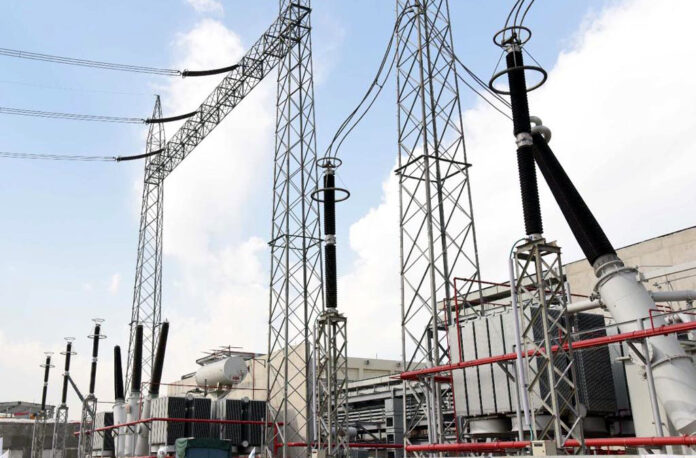Pakistan has committed to the International Monetary Fund (IMF) that it will not allocate extra-budgetary funds to clear the Rs493 billion owed to Chinese power plants.
According to a news report, the global lender has raised concerns about the effectiveness of Pakistan’s campaign against power theft and questioned the recent steep rise in electricity prices, attributing it to the misuse of costly imported fuels by the energy ministry.
The IMF doubts the government’s ability to limit the fiscal year’s non-bill recovery losses to Rs263 billion, noting that losses have already neared Rs200 billion in seven months. This trend threatens the goal of containing the total circular debt of Rs 2.31 trillion by June 2024.
The Fund inquired about Pakistan’s financial planning for the Chinese power projects, with energy officials confirming no plans for additional funding beyond the budgeted Rs48 billion.
The dues under the China-Pakistan Economic Corridor (CPEC) have surged to Rs493 billion, violating the 2015 Energy Framework Agreement that requires adequate budget allocation to shield Chinese investors from circular debt.
The IMF also expressed skepticism about the long-term efficacy of the anti-theft campaign and the military’s role in overseeing power distribution companies. The government’s claim of recovering Rs82 billion through this campaign lacks detailed public accountability.
Pakistan’s energy sector faces challenges with low bill recovery and high line losses, contributing to the annual circular debt increase of Rs589 billion. Despite an ongoing anti-theft drive, the government anticipates Rs263 billion in losses from poor bill recoveries this fiscal year.
The energy ministry has projected a slight improvement in bill recovery rates and expects additional government subsidies to manage the circular debt. However, the IMF remains critical, especially following a controversial Rs7 per unit electricity price hike, questioning the rationale behind it and the overall management of fuel resources by the energy ministry.
Additionally, the IMF has requested a revised timeline for phasing out agricultural tube-well subsidies in Balochistan, highlighting ongoing fiscal management challenges in Pakistan’s power sector.




